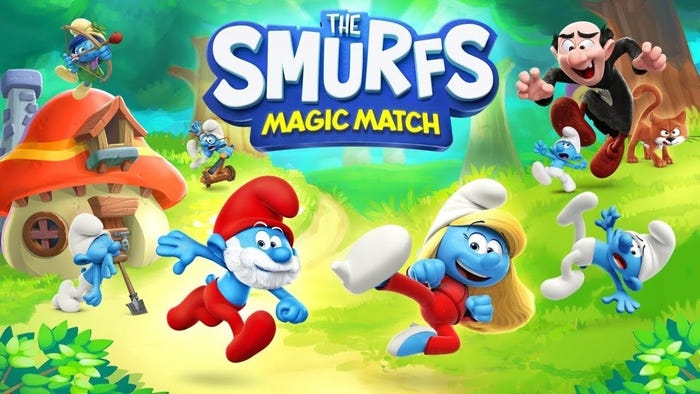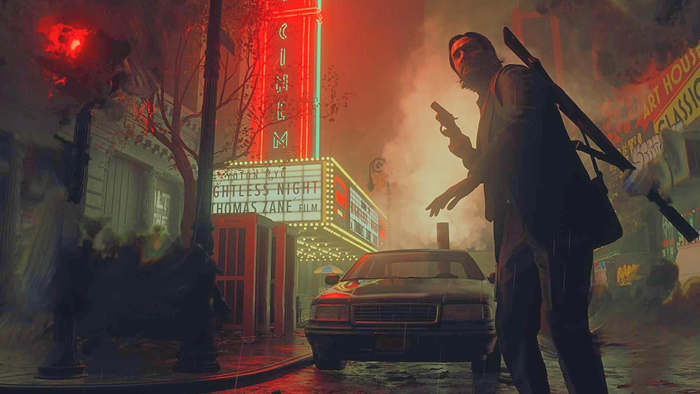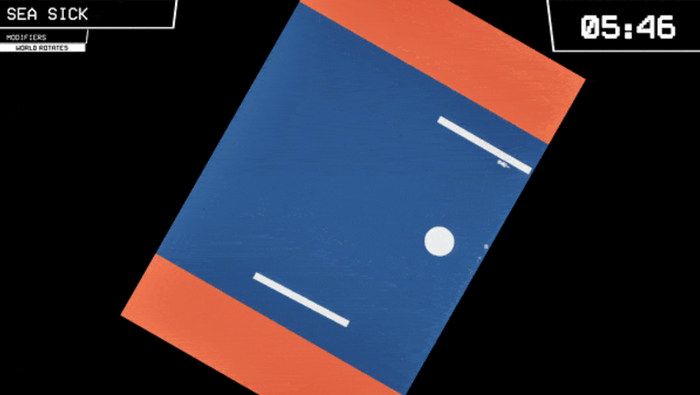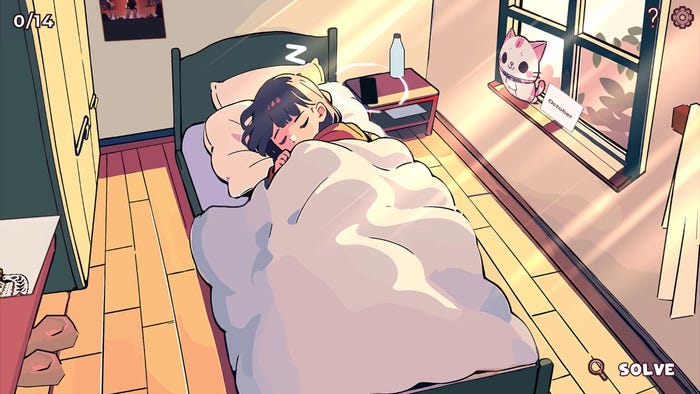Making of Super Mega Baseball No.9 - Failed Funding
The 9th post in a series about the making of Super Mega Baseball, all about the unsuccessful attempts at getting government funding on the project.

This post is one in a series about the making of Super Mega Baseball. It was copied over from our blog.
--
Today we’re going to talk about money. Skills and passion are great, but they weren’t enough. The guys needed funding to cover their costs, pay their artists, and maybe even pay themselves…
Liane: How were you planning on funding the final production of the game?
Scott: We figured that we had initially saved up enough money and had plans to do contract work such that we wouldn't need too much more to get it done. But at this point in time, and with the scope of the game having grown so much, that whole plan was falling apart and we were recognizing that we were gonna need to get a publisher involved or find some sort of external funding.
Christian: We realized that it’s gonna take more people than we could realistically try and pay with the contract work we have, so we tried to apply to a government program that funds media products in Canada. Normally TV shows, films, and more experimental things like video games. And we thought that we could make a fairly strong case for why our project would be applicable for this program.
Liane: How did that go?
Christian: Well, the process is very involved. The application process is very, very large.
Scott: We worked a very, very long two weeks getting that ready. It reminded me of crunching for exams in school.
Christian: Yeah, I mean you have to get together your financial information, you have to put together what your proposed project is, what your proposed team is, what your proposed budget is. They want to see history of the company, history of the people. You have to give a complete picture of what your company has done and is capable of, and why you think that this is a legitimate project for their program. So we actually enlisted some external help to try and get this through. And we effectively spent about two weeks, working quite a lot more than full time, putting this application together. And it is judged by a panel of people that have knowledge about the field. And in our case, I guess we didn’t make the cut, so there was no funding. So that’s how that went. So from our perspective it was a significant investment in both time and money. So it was definitely a net loss.
Scott: We did come out of that having been forced to flesh out aspects of our business plan in a lot more detail, which I suppose may have been an useful exercise. But man, at a certain point I know I was starting to feel like a robot every time I talked or wrote about the vision for the game, having repeated it so many times. There's definitely a point where you just want to be focused on making the thing, not pitching it.
After two weeks of grinding through this application and finally sending it off, the guys busted open a bottle of Scotch:

And on that same night, they finished that bottle of Scotch. It was a celebration of work done and of hope for an easier road ahead. But unfortunately, the funding didn't come through...
Liane: Where’d you go from there?
Christian: One of the problems that they had identified is that our team is relatively small and most notably, there wasn’t really a whole lot of resources allocated to marketing.
Scott: We were still essentially trying to find funding for the development, let alone worrying about funding for the marketing. So no doubt that looked kind of scary to them.
Christian: They had identified that this was a bit of a problem on our end. And looking back, three years later, that was a problem they had correctly identified, I’d say.
Scott: So we went back and took their feedback and we actually applied to the next round again. Like 6 months later or something like that. We tried to fix some of the problems with our pitch. It didn’t work - they still didn’t bite. At the end of the day, I guess, if you’re pitching a baseball game to a Canadian government organization, that’s going to be a tough sell. Pitching stuff in general, especially written stuff, is really tough because you tend to spend so much time putting this stuff together, and you think it's the best thing you can say about it. You try to optimize it, and as soon as you put it in front of somebody else it’s like, they see it in a totally different way than you do, and differently from those who helped or advised you on it. So pitching is brutal. It’s a tough process. And it's inherently random, you have to do it many times for the luck to balance out. So... we had to look into some other ways to pay for it. And after this it was kind of like okay, well we’ll either have to do a bunch more contract work, or line up a publisher, or raise the money or something like that. And we didn’t really get this problem solved at this time.
Christian: A big change was that Tobyn didn’t work for us for like the next 6 months.
Scott: Yeah we had to back off on the money that was going into the art, and figure out another way, and come up with some different arrangements.
Christian: The upside, and I do have a positive comment to all of this, is that this really forced us to finally put a game together. We had no money, and still no game, and had been heavily focused on solving stupid tech problems instead of trying to actually make a game, which we had to really change now. Because, like we said, we couldn’t really pay the primary artist anymore.
Scott: And we weren't in a great position to try and pitch the game to publishers either - there was not enough of a prototype of the actual game at this stage, and not any particularly convincing evidence that we had the team to finish it.
Christian: And it actually made zero sense now to build more tools, to improve the process for art nobody was making. So…
Scott: It was gameplay time. We had to scratch together a more complete prototype, some tangible evidence that the game could get finished.
Well folks, sorry for a bit of a downer post here. But it's an important part of the story – it completely redirected the plans, but problems abound, development continued. More on that in the next few posts!
--
This post was copied over from our blog.
About the Author(s)
You May Also Like









